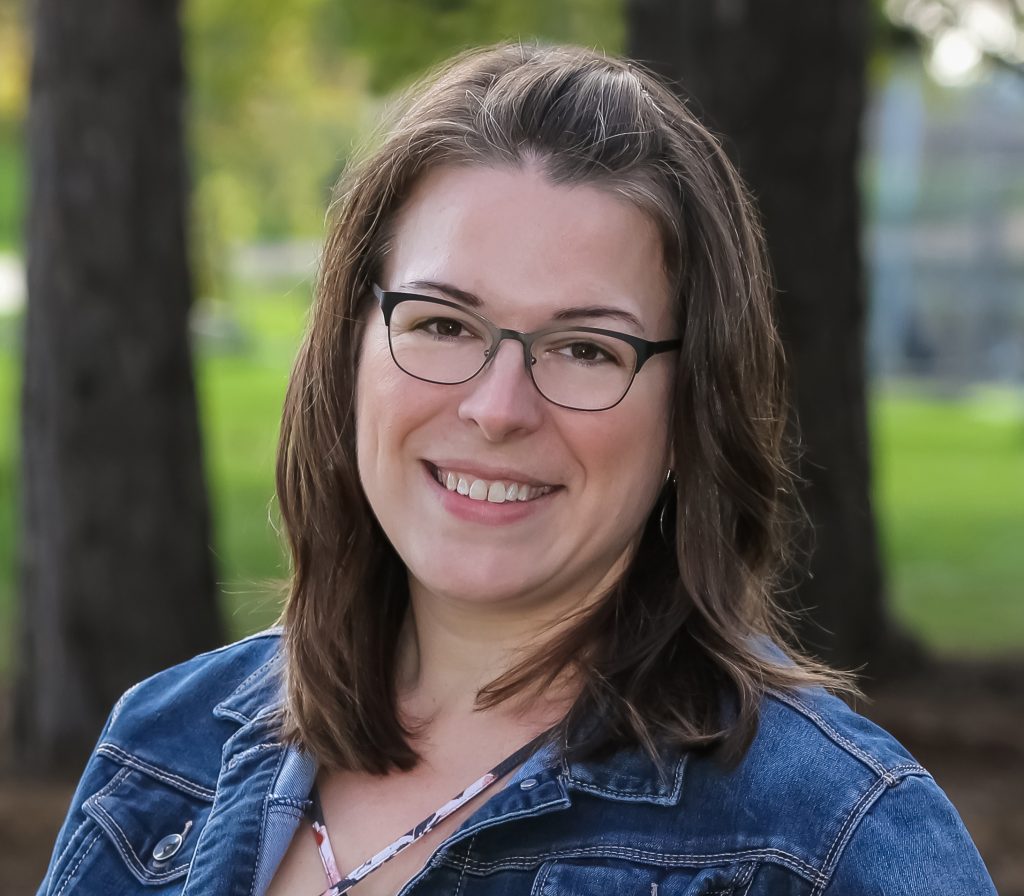I ran to find my phone as the ringing continued. Turning it over, I saw her name and number. Answering it would cost an hour of something else getting done, but I quickly shoved the irritation aside and slipped a smile into my voice… “Hey Mom! How are you?”
She’d been calling less randomly and more specifically. There were things she needed to say.
“You know those boxes in your barn? The scrapbooks? Well, I want you to know that I give them to you to do with however you see fit. Each one tells a story of God’s faithfulness to our family.”
“When I’m gone [here I’d inwardly roll my eyes, thinking she was being a bit overdramatic] I want you to know how much I love you and that I’m so very proud of you and my grandchildren.”
Facing the reality of someone dying often means merging opposing realities into one.
In those moments, my knowledge of her metastatic breast cancer diagnosis and treatment and the knowledge that she would likely die from it lived in dichotomy from each other. I just couldn’t deal with the idea that she wouldn’t be on the other end of the line anymore.
It was the moment I physically saw her that those two pieces finally merged into my actual reality. She stood unsteadily on their front porch in PA waiting for me when I pulled in. Her arm unnaturally swollen but her face radiant, she embraced me as if she would never let me go.
You have so many different emotions all at the same time.
It might seem an obvious thing to say, but there are so many emotions to sift through in relaying important information to others that by the time someone asks how you’re doing, it just feels too hard to explain beyond “I’m okay.”
I was incredibly thankful for friends, family and dear people at church that understood and continued to check in via texts and calls to let me know they were praying.
In the evenings after coming home from sitting with her in the hospital, I had to force myself to be present and face each emotion. I wanted to Netflix myself away but instead I have precious journal entries for each evening as her life was closing.
Call in Hospice sooner than you think. They are such a gift.
If I could go back (which is silly to even consider), I would push hard for Mom to come home weeks before she actually did. She would’ve been more peaceful and her pain could’ve been managed far better.
I always figured Hospice is the phone call you make when your loved one is close to death, but actually, it’s the phone call you make when you know they are terminal. Hospice has one goal: help each patient live to their fullest each day they have – whatever that looks like. It might mean making sure an avid fisherman has the pain management needed to go enjoy fly fishing. It might mean helping a patient snuggle with her little dog as she relaxes in her home environment at last.
Hospice nurses are true gifts to families. They came in and completely set everything up (hospital bed, oxygen, all of it), they showed Dad and I how to give her the pain meds, yet it was their care of me and gentle encouragement that helped me face the last hours of my mom’s life.
This series isn’t meant to be morbid or a therapeutic way for me to deal with losing my mom. Our culture doesn’t like to face the idea of death – it means loss, pain and grief. No one wants to think about it but we will all face it.
Yet… I hope you know there really is more to this life than what we physically see right now.
As I heard her last breath, I saw the tear that slid down her face and I know the first face she saw was her long-awaited Jesus. His name was all she thought about when the pain overwhelmed her. She was not afraid. He was in the midst of those waters with her. She walked through them and into His perfect embrace – but not on her own merit. Grace.
It’s all His grace.



(((Hugs)))
Completely agree with what you say about hospice. Our family has been served by them on two occasions and they are such a blessing.
Continued prayers for you and your family. ❤️
Sent from my iPhone
Thank you Connie 💜